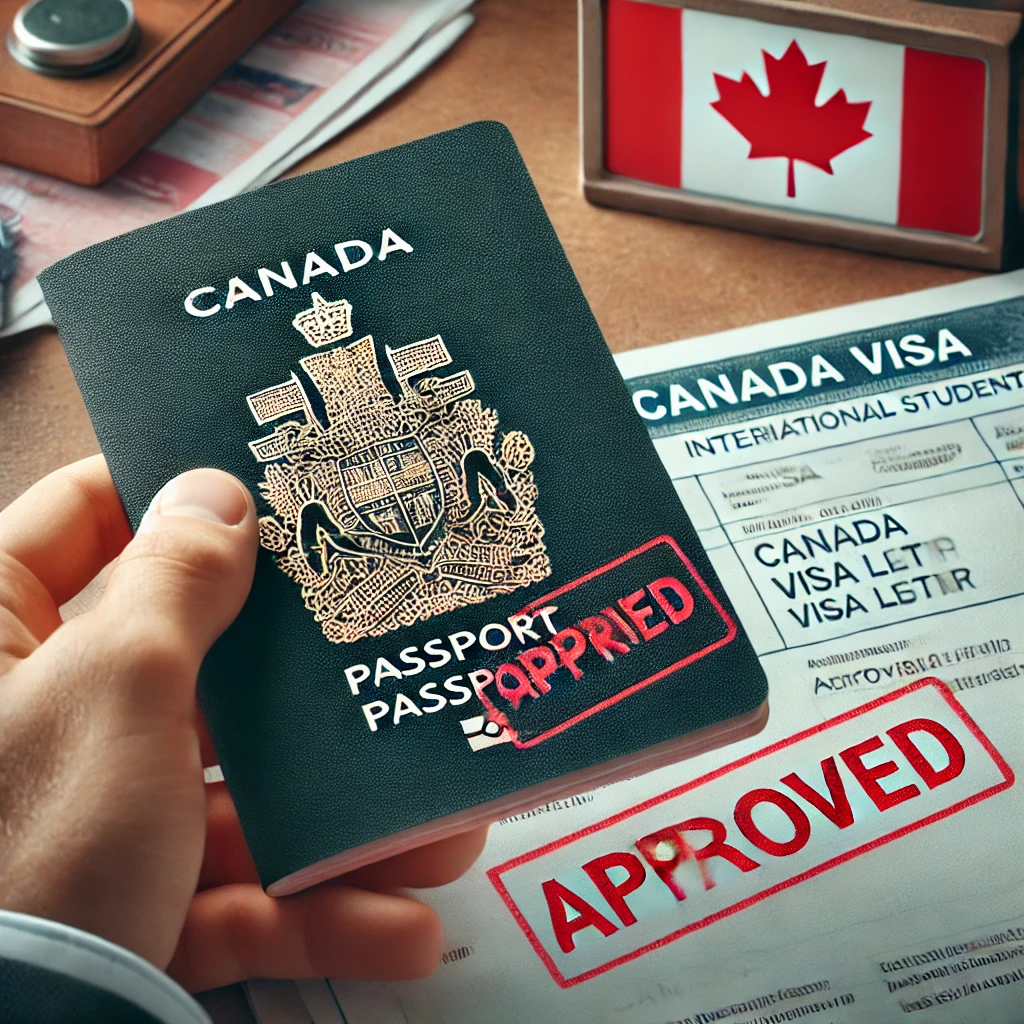Canada is a top destination for international students due to its high-quality education system, diverse culture, and numerous opportunities for career growth. If you are

Canada is a top destination for international students due to its high-quality education system, diverse culture, and numerous opportunities for career growth. If you are considering studying in Canada, it is essential to understand the key aspects, from obtaining a Canada student visa to the benefits of studying in the country. This guide will help you navigate the process and prepare for life as an international student in Canada.
Benefits of Studying in Canada
There are numerous Study in Canada benefits, including:
- World-class education – Canadian universities and colleges are known for their academic excellence and research opportunities.
- Diverse study programs in Canada – International students can choose from a wide range of programs across different disciplines.
- Work experience in Canada – Students can work while studying and gain valuable work experience through co-op and internship programs.
- Affordable tuition fees – Compared to other popular study destinations, tuition fees in Canada are more reasonable.
- Pathway to permanent residency – Graduates have various options to transition from a work permit to PR in Canada.
- Safe and welcoming environment – Canada is known for its inclusivity and high quality of life.
Understanding the Canadian Education System
The Canadian education system is divided into different levels, including:
- Primary and Secondary Education: Covers grades 1 to 12, with education being free in public schools.
- Post-secondary Education: Includes colleges and universities offering diploma, undergraduate, and postgraduate programs.
- Vocational and Technical Training: Colleges provide specialized training in fields like healthcare, engineering, and business.
Canada Student Visa Process

To study in Canada, international students need a Canada student visa. The process includes:
- Choosing a Designated Learning Institution (DLI) – Ensure your college or university is a DLI.
- Receiving an Offer Letter – Get accepted into your chosen program.
- Applying for a Student Visa – Submit your study permit application online or at a visa office.
- Proof of Funds – Show that you can cover tuition fees and living expenses.
- Biometrics and Medical Exam – Depending on your country of origin, you may need to provide biometrics and undergo a medical examination.
- Receiving the Visa Decision – If approved, you will receive a study permit to enter Canada.
Budgeting for International Students
Effective budgeting for international students is crucial for a smooth experience in Canada. Key expenses include:
- Tuition Fees: Varies by institution and program.
- Accommodation: Options include on-campus housing, rental apartments, and homestays.
- Living Expenses: Food, transportation, and personal expenses.
- Health Insurance: Mandatory for international students.
- Books and Supplies: Additional costs depending on the course requirements.
Work Opportunities for International Students
One of the significant Study in Canada benefits is the ability to work while studying:
- On-campus Work: No work permit required.
- Off-campus Work: Up to 20 hours per week during the academic term and full-time during breaks.
- Co-op and Internship Programs: Gain valuable work experience in Canada in your field of study.
Pathway from Work Permit to PR in Canada
Many international students aim to transition from a work permit to PR in Canada. Options include:
- Post-Graduation Work Permit (PGWP) – Allows graduates to work in Canada for up to three years.
- Express Entry – A points-based system for skilled workers.
- Provincial Nominee Program (PNP) – Some provinces offer PR pathways for international graduates.
- Canadian Experience Class (CEC) – For those with Canadian work experience.

FAQs
1.How does the Canada student visa process work
The process includes selecting a DLI, getting an acceptance letter, proving financial stability, and submitting a visa application.
2.What are the key benefits of studying in Canada?
International students benefit from quality education, work opportunities, and pathways to permanent residency.
3.Which study programs in Canada are popular among international students?
Fields like business, engineering, healthcare, and information technology are highly sought after.
4.How can I manage budgeting for international students in Canada?
Plan for tuition fees, accommodation, living expenses, and health insurance to manage your budget effectively.
5.What is the process for transitioning from a work permit to PR in Canada?
Graduates can apply for PR through PGWP, Express Entry, PNP, or the Canadian Experience Class.
Conclusion
Studying in Canada offers numerous opportunities for international students. By understanding the Canada student visa process, budgeting for international students, and work experience in Canada, you can make the most of your academic journey. With the right preparation, you can achieve your educational and career goals in Canada.

